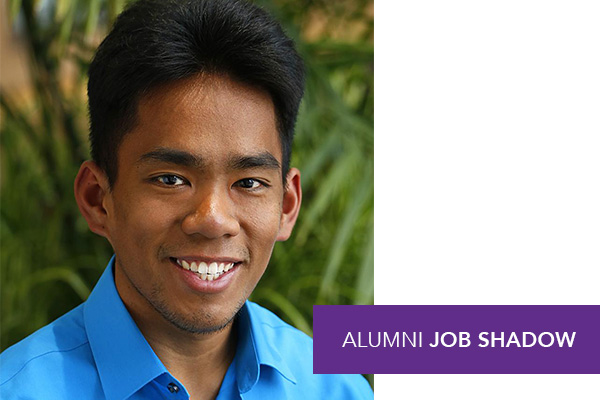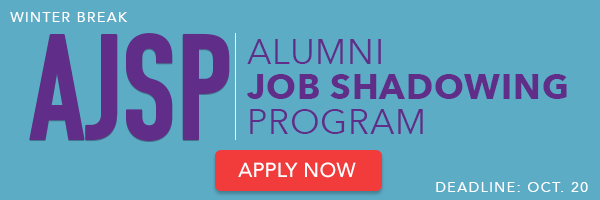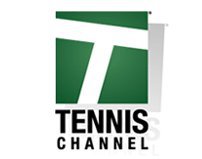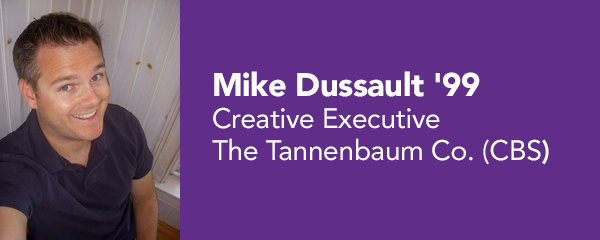
Name: Jerome Ferrer Siangco
Class Year: 2019
Major: Asian Studies
Shadowing Visit Site: Nike World Headquarters
Describe your visit and what did you gain from the experience?
Through the Alumni Job Shadowing Program I had the opportunity to spend a full day at Nike World Headquarters. It was a Wednesday and Wednesdays are sock day for the Holy Cross alumni I was shadowing. Through meeting with various Nike executives, going into ~5 meetings, and touring the campus, I was able to gain a sense for how a product, the Nike Sock, grew from an idea into a product that is on the market. I went into meetings that covered the Nike Sock in North America to another meeting that discussed the global prescience of the Nike Sock. I gained a sense of how best to manage a team and attack a goal. Every meeting I went into, the Holy Cross alumni had a plan of attack. He knew what he wanted accomplished, how to get there, and trusted in his team to do their part. He lead by example and I learned a lot from him.
How did this experience influence or connect to your future career plans/goals?
This experience made me realize the importance, when thinking about a future workplace or career, of the work environment I would want to work in. I always thought I could adapt to any environment, however spending a day at a place like Nike made me rethink this. Through interacting with employees and spending a full day at Nike World Headquarters, I saw a sense of community that I appreciated. The work environment at Nike is one where ideas are allowed to flourish and people can try new concepts. I really connected with this work environment and I would want to work in an area similar to this.
What is some helpful advice your alumni host shared with you?
To take advantage of every opportunity presented and take risks. Try new ideas and see where they may lead. College is the chance to experiment, find what you are interested in and run with that. After College, take some time off before graduate school to gain some experience in the real world, either through working, a year or two of service, or even some traveling. Also throughout life, make connections, network, and maintain the relationships you form because at some point these relationships could come in handy.
Why would you recommend the Alumni Job Shadowing Program to other students?
I would recommend the Alumni Job Shadowing Program to other students because it provided me the chance to visually see what a Holy Cross education can lead to. I saw the skills I am currently learning in College, skills of a liberal arts education and working with others, in action through the alumni I was shadowing. From talking to the alumni I gained a sense of the passion he has for Holy Cross students and wanting to give back. Through my single day of shadowing came with it a long-term mentor that I know I can reach out to at anytime for assistance, whether it be for guidance or simply a check in. Also I got to see the behind the scenes working of an organization everyone knows about, Nike. It was a great overall experience and one I would love to do again!
Now accepting applications for the 2017 Winter Break Alumni Job Shadowing Program! Hurry the deadline to apply is October 20th. Learn more and apply using Crusader Connections.



 Meet Tom Wilhelm ’11, Sr. Manager, Programming & Acquisitions at Tennis Channel.
Meet Tom Wilhelm ’11, Sr. Manager, Programming & Acquisitions at Tennis Channel.
